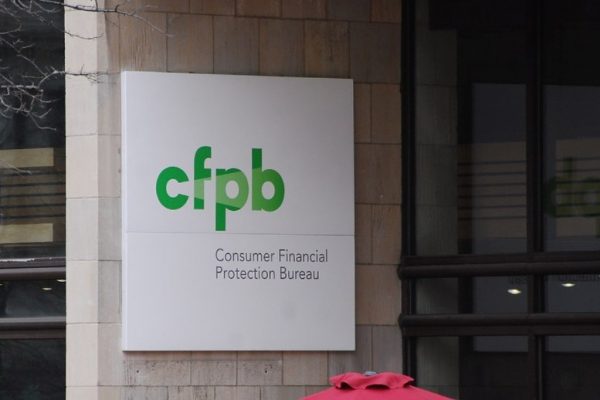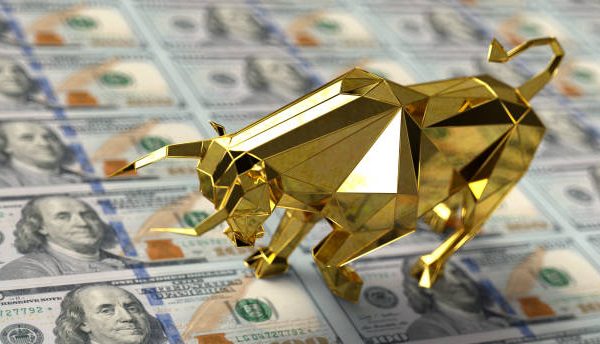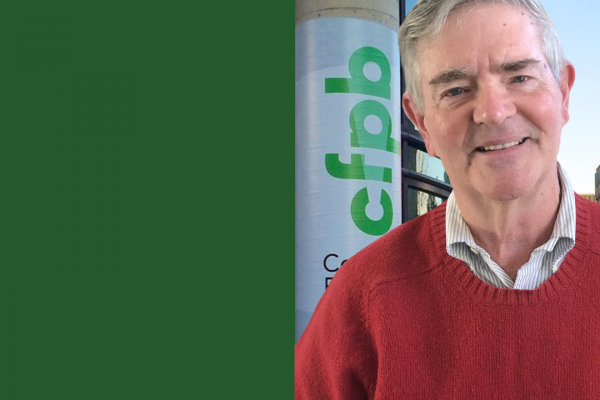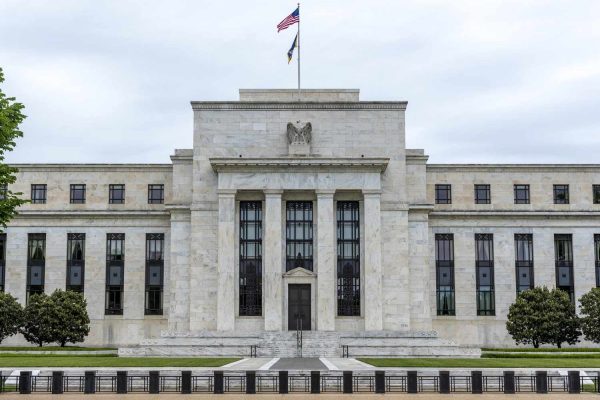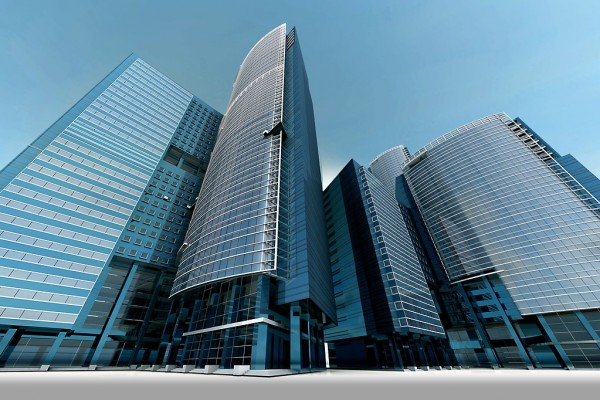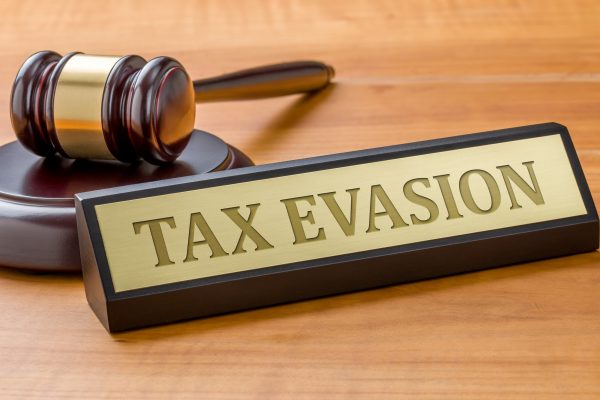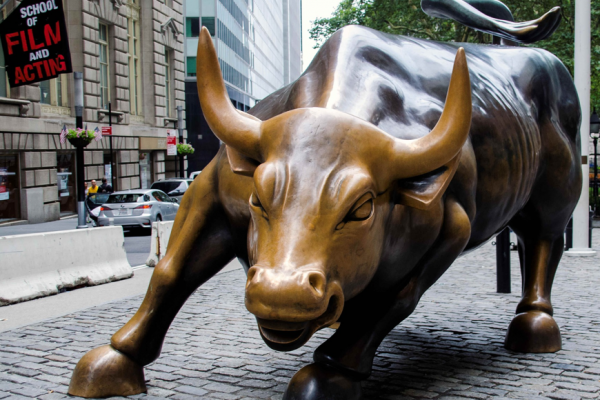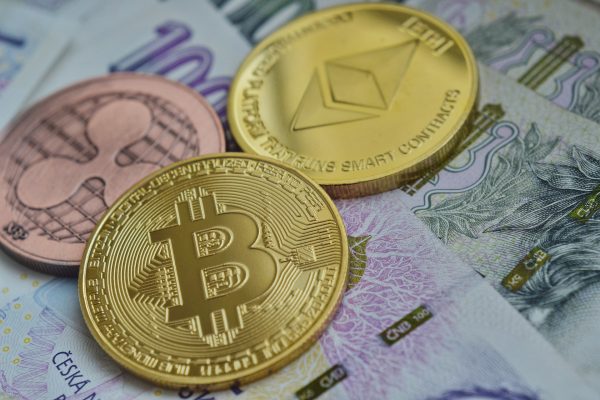Blog: Why the CFPB Can’t Let a Trump-appointed Judge Gut the Equal Credit Opportunity Act
This week, the Consumer Financial Protection Bureau filed a notice of appeal in its redlining lawsuit against Townstone Financial and its owner Barry Sturner as part of an ongoing case. In 2020, the CFPB accused Sturner and Townstone, a nonbank mortgage lender, of violating the Equal Credit Opportunity Act (ECOA) by discouraging prospective Black applicants from applying for their mortgages. Unfortunately, in February 2023, Judge Franklin Valerrama of the U.S.

